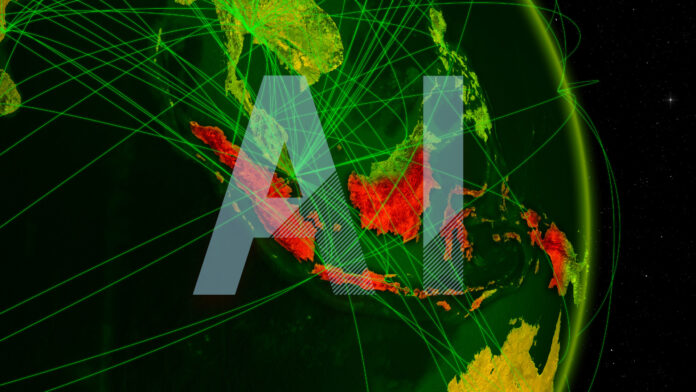Beijing-based Haoyang Cloud & Data Technology has acquired land in Rayong, Thailand, with the goal of building a 300MW AI data center campus
In sum – what to know:
AI infra surge in Asia – New data center projects in Thailand and South Korea by Haoyang and Kakao highlight growing regional investment in compute power for AI.
Over $2.6B of AI builds – Haoyang’s 300MW Thailand campus will cost $2.16B, while Kakao’s second AI data center in Namyangju will cost $442M.
Global debut for Haoyang – The Thailand facility marks Haoyang’s first international project. Kakao, meanwhile, is ramping up domestic capacity to support widespread AI adoption.
The artificial intelligence (AI) infrastructure race in Asia is accelerating, with major new data center investments announced in Thailand and South Korea. Beijing-based Haoyang Cloud & Data Technology said it will build its first overseas hyperscale data center in Rayong, Thailand, while South Korea’s Kakao is planning a second self-built facility to expand its AI capabilities.
Together, the projects represent over $2.6 billion in investment—underscoring a region-wide surge in compute demand, driven by AI, cloud adoption and digital transformation across industries. Haoyang has acquired land in Rayong for a 300MW data center campus, its first project outside China. The investment totals approximately $2.16 billion, with the facility slated to go live in 2026.
“As global demand for computing power surges, Haoyang is excited to bring our experience from China to Thailand,” said Lai Ning Ning, chairman and chief executive at Haoyang Data. The project received approval earlier this year from Thailand’s Board of Investment and is expected to support the country’s ambitions to become a digital hub for Southeast Asia.
Meanwhile in South Korea, Korean internet company Kakao has shared new details about its second self-built data center, which will be located in Namyangju, Gyeonggi Province. The 92,000-square-meter facility will focus on AI workloads and is expected to cost KRW 600 billion (around $442 million). Construction will begin in 2026, with completion targeted for 2029.
“This data center will be core infrastructure for the popularization of AI,” said Jeong Shin-ah, chief executive at Kakao, noting that the project supports the company’s mission to embed AI into everyday life. It follows the launch of Kakao’s first in-house facility in Ansan, which opened in June 2024 and houses up to 120,000 servers.
Across Asia, demand for AI-optimized data centers is rapidly rising, fueled by generative AI, cloud computing and digital transformation. Major players including Alibaba, Microsoft, SoftBank and NTT DATA are making significant investments in high-performance, scalable and sustainable AI infrastructure.
Here are some of the most advanced AI data centers in Asia:
Microsoft Azure AI Center (India) – Hyderabad facility supporting generative AI and supercomputing workloads for Azure OpenAI services.
Alibaba Cloud Zhangbei (China) – Supports advanced AI model training and large-scale cloud services.
GDS Data Center Campus (China) – High-density AI facility in Beijing serving enterprise and cloud providers.
NTT DATA AI Data Center (Japan) – Tokyo-based center offering AI-as-a-Service (AIaaS) for enterprise workloads.
ST Telemedia AI Hub (Singapore) – Equipped with Nvidia and AMD GPUs, optimized for training and inference.

